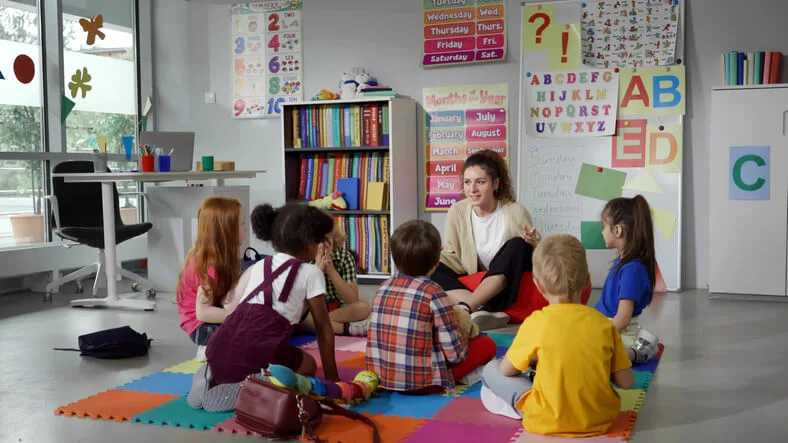The benefits of tutoring seem obvious at first glance. Building a child’s skill set may be the first thing that comes to mind, in addition to the luxury of learning in a one-to-one setting. While these two advantages are important, the intangibles of the tutoring relationship are equally, if not more, valuable to children.
The most important benefit lies in the relationship itself. Try and find a tutor that you know will be the right personality match for your child. Remember that this situation involves exposing one’s vulnerabilities. Only in a relationship where one feels safe enough to really want to learn, will true learning take place. Rather than feeling ashamed of needing support, feeling proud of one’s self, or enhanced self-esteem can come from the right tutoring relationship. Also remember that the extra stimulation of tutoring is not harmful in any way. If your child is found to need extra support, find that special person and give them the gift of personalized instruction and the opportunity to enter into a relationship that allows them to grow as a learner and as a person.
There are many different reasons parents seek tutors for their children. For the developing child, tutoring can help in areas such as pre-reading/reading skills, quantitative understanding, or writing skills. In such cases, the tutor can use specific pre-established programs. However, engaging the student in the creation of the materials, or choosing from an array of materials sends a specific message. The student becomes part of the process and has a say in their learning.
Many concepts presented in class can be difficult to retain as the flow of the class progresses. The quiet setting of the one-to-one situation may be just the right rhythm your child needs. Such an environment allows for the pace of incoming information to be tailored to the processing styles of the individual. A good tutor can either ascertain your child’s learning style or refer to a neuropsychological report that explains which modalities are better suited for learning. In this way, utilizing students’ strengths to offset under-developed areas becomes key.
Whatever reason you have to offer your child tutoring sessions, feeling good about one’s self and one’s learning are critically important goals.
Judith Adamo, Ph.D. is a Psychologist specializing in developmental issues, learning disabilities, language disorders, autism, social skills and ADD.















